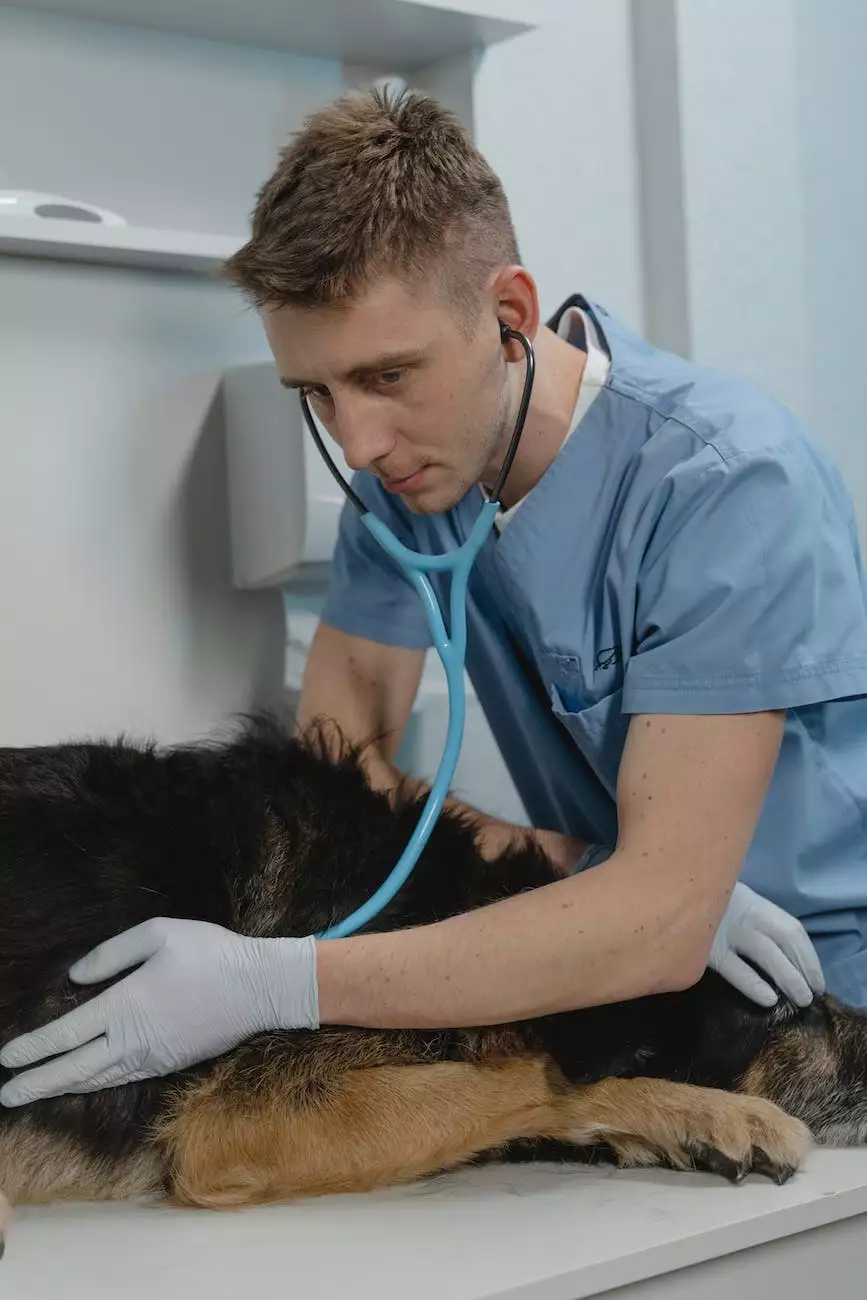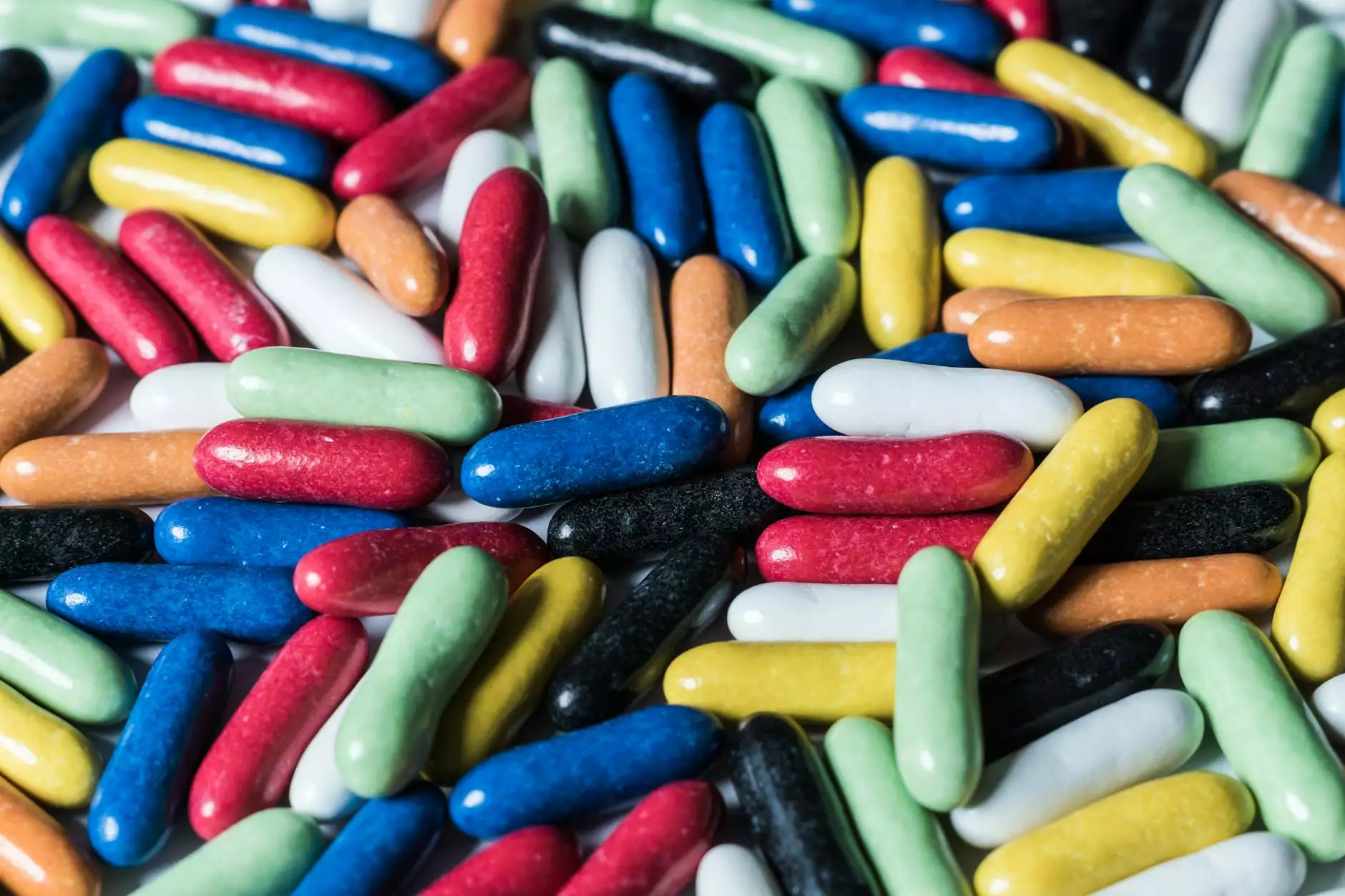What Does Low Testosterone Mean? The Definitive Guide
Health
Understanding Low Testosterone and Its Impact on Health
Welcome to CHI St. Luke’s Health - Performance Medicine, your trusted source for expert information on testosterone levels and overall health.
Introduction: Unraveling the Mystery of Low Testosterone
Low testosterone, also known as hypogonadism, is a condition that affects both men and women. In this comprehensive guide, we aim to provide you with a deep understanding of what exactly low testosterone means, its effects on the body, common symptoms to watch out for, potential causes, and the available treatment options.
Section 1: What is Testosterone and Why is it Important?
Testosterone is a hormone primarily produced in the testicles in men and ovaries in women. It plays a crucial role in various bodily functions, including:
- Development and maintenance of reproductive tissues
- Promotion of muscle and bone mass
- Regulation of libido and sexual function
- Stimulation of red blood cell production
- Influence on mood, cognition, and overall well-being
Section 2: Signs and Symptoms of Low Testosterone
Recognizing the signs and symptoms of low testosterone early on can help individuals seek appropriate medical care and improve their quality of life. Some common symptoms of low testosterone include:
- Fatigue and decreased energy levels
- Mood swings, depression, and irritability
- Loss of muscle mass and decreased strength
- Increased body fat
- Reduced libido and sexual performance
Section 3: What Causes Low Testosterone?
There are several factors that can contribute to low testosterone levels. These may include:
- Aging: Testosterone naturally declines with age
- Medical conditions: Certain medical conditions can impact hormone production
- Lifestyle factors: Poor diet, lack of exercise, excessive stress, and inadequate sleep
- Medications: Some medications can interfere with testosterone production
Identifying the underlying cause is essential for effective treatment strategies.
Section 4: Diagnosing Low Testosterone
If you suspect you have low testosterone, it is crucial to consult with a qualified healthcare professional. They will typically perform a comprehensive evaluation, including:
- Reviewing medical history
- Physical examination
- Blood tests to measure testosterone levels
Section 5: Treatment Options for Low Testosterone
There are various treatment options available to address low testosterone levels. Some common approaches include:
- Hormone replacement therapy (HRT)
- Lifestyle modifications: Diet, exercise, stress management, and sleep optimization
- Medications: Testosterone gels, patches, or injections
It is crucial to work with a healthcare professional to determine the most suitable treatment plan for your specific situation.
Section 6: Seeking Expert Guidance at CHI St. Luke’s Health - Performance Medicine
At CHI St. Luke’s Health - Performance Medicine, our team of experienced physicians specializes in hormone optimization, including the diagnosis and treatment of low testosterone. Combining the latest medical research with personalized care, we strive to help patients achieve optimal hormonal balance and overall well-being.
Don't let low testosterone affect your vitality. Contact CHI St. Luke’s Health - Performance Medicine today to schedule a consultation and take the first step towards a healthier, happier you.










